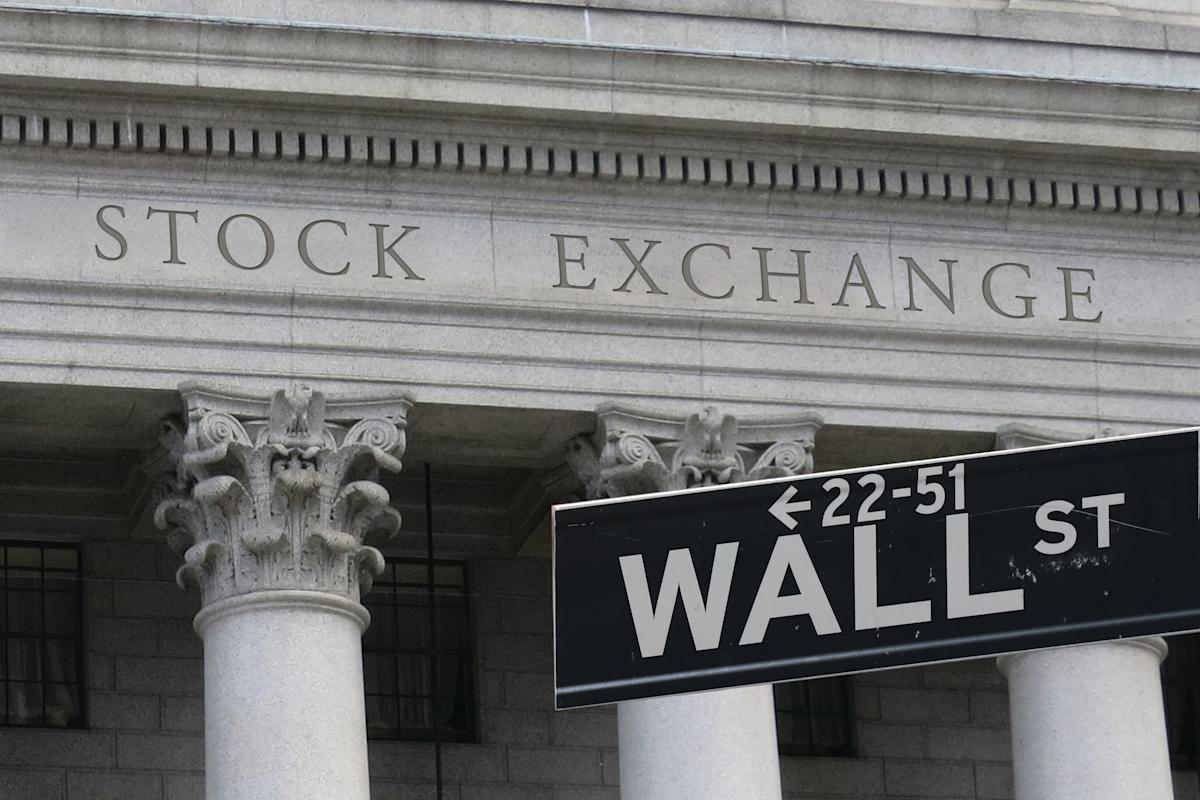When there’s a major holiday, chances are Wall Street has the day off. In 2026, the stock market will observe 10 holidays, along with two early closures. Many stock market holidays are also federal holidays and banking holidays.
Read more: How to start investing: A step-by-step guide
The U.S. stock market’s regular hours are 9:30 a.m. to 4 p.m. Eastern time, Monday through Friday. The two major U.S. stock exchanges, the New York Stock Exchange (NYSE) and the Nasdaq, each observe these trading hours. Both stock exchanges are closed on weekends.
You can still place orders to buy and sell stocks and exchange-traded funds (ETFs) during extended trading hours, but there is added risk. The trading volume is lighter after hours, so prices can be more volatile, and your orders may not execute fully.
If you ever find yourself wondering, “Is the stock market open today?” check out this list of stock market holidays for late 2025, 2026, and 2027.
Learn more: Which U.S. stocks are posting the highest gains today?
The NYSE and Nasdaq will observe the following holidays in the fourth quarter of 2025:
Thanksgiving Day: Thursday, Nov. 27
Christmas Day: Thursday, Dec. 25
Both stock exchanges will also close at 1 p.m. Eastern time on the following days in the fourth quarter 2025:
Friday, Nov. 28 (the day after Thanksgiving, aka Black Friday)
Wednesday, Dec. 24 (Christmas Eve)
The NYSEe and Nasdaq will observe the following holidays in 2026:
New Year’s Day: Thursday, Jan. 1
Dr. Martin Luther King Jr. Day: Monday, Jan. 19
Washington’s Birthday, aka Presidents’ Day: Monday, Feb. 16
Good Friday: Friday, April 3
Memorial Day: Monday, May 25
Juneteenth National Independence Day: Friday, June 19
Independence Day (observed): Friday, July 3
Labor Day: Monday, Sept. 7
Thanksgiving Day: Thursday, Nov. 26
Christmas Day: Friday, Dec. 25
Both stock exchanges will also close at 1 p.m. Eastern time on these days in 2026:
Friday, Nov. 27 (the day after Thanksgiving, aka Black Friday)
Thursday, Dec. 24 (Christmas Eve)
Learn more: How to protect your portfolio if you’re worried about an AI bubble
In 2027, the NYSE and Nasdaq will observe these holidays:
New Year’s Day: Friday, Jan. 1
Dr. Martin Luther King Jr. Day: Monday, Jan. 18
Washington’s Birthday, aka Presidents’ Day: Monday, Feb. 15
Good Friday: Friday, March 26
Memorial Day: Monday, May 31
Juneteenth National Independence Day (observed): Friday, June 18
Independence Day (observed): Monday, July 5
Labor Day: Monday, Sept. 6
Thanksgiving Day: Thursday, Nov. 25
Christmas Day (observed): Friday, Dec. 24
In 2027, the NYSE and Nasdaq will close at 1 p.m. Eastern time on this day:
For holidays that fall on the same date each year, like the Fourth of July and Christmas Day, the stock market is closed the Friday before if the holiday falls on a Saturday or the Monday after if it falls on a Sunday.
One exception: If New Year’s Day falls on a Saturday, stock exchanges are open for regular hours the Friday before, and the holiday simply isn’t observed by Wall Street.
Most American financial markets also close for a National Day of Mourning upon the death of a past or sitting president. Typically, this day is observed on the day the funeral is held.
Learn more: Here’s 7 ways to start investing in real estate
The bond market’s schedule is determined by the Securities Industry and Financial Markets Association (SIFMA). Normal bond market hours are 8 a.m. to 5 p.m. Eastern time Monday through Friday.
In 2026 and 2027, bond markets close for all 10 stock market holidays, in addition to Indigenous Peoples’ Day (formerly known as Columbus Day) in October and Veterans Day in November.
The bond market also closes early at 2 p.m. on the following days:
Thursday before Good Friday (Maundy Thursday)
Friday before Memorial Day
July 2 (before Independence Day)
Friday after Thanksgiving (Black Friday)
Dec. 24 (Christmas Eve)
Dec. 31 (New Year’s Eve)
Learn more: How much money should I have in my 401(k)?
The stock market generally operates as usual for the following holidays, unless they fall on a weekend:
Valentine’s Day
Ash Wednesday
Month of Ramadan
St. Patrick’s Day
Passover
Cinco de Mayo
Rosh Hashanah
Yom Kippur
Halloween
Boxing Day
Chanukah
Kwanzaa
New Year’s Eve
Learn more: IRS raises 401(k) contribution limits for 2026. Here’s how much.
Is the stock market closed on the Friday after Thanksgiving?
The stock market is open on the Friday after Thanksgiving, but its trading session closes early at 1 p.m. Eastern time. It’s one of two or three days annually that the stock market closes before 4 p.m.
Are crypto markets always open?
Yes. Unlike the stock and bond markets, the crypto market doesn’t observe a holiday schedule because cryptocurrency trades through a decentralized network of computers instead of through central exchanges. You can trade cryptocurrency 24/7/365.
Learn more: How does Bitcoin actually work?
Is the market closed on Veterans Day?
Veterans Day isn’t a stock market holiday, as both the New York Stock Exchange and Nasdaq are open for regular hours. However, the bond market does close in observance of Veterans Day.

